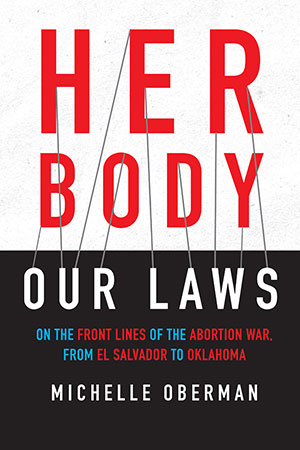
The abortion law/environmental law connection
October 1, 2018
Much craziness over Kavanaugh. Separate from the recent controversy is his opinion on upholding settled precedent, wherein he pretends that Roe v. Wade and abortion rights are not under threat if he's seated. For those who don't know all the details, conservative but not-superconservative Justice Anthony Kennedy, who Kavanaugh would replace, provided the crucial fifth vote for Planned Parenthood v. Casey, which essentially reaffirmed/reinterpreted Roe v. Wade.
Judges, including Supreme Court justices, are supposed to rarely overturn precedent. Kavanaugh pretends there's a chance he won't overturn abortion rights.
We do know about his (and Gorsuch's) contempt for crucial aspects of environmental law, most importantly the Chevron Doctrine, which lets adminstrative technical experts interpret ambiguous statutory language instead of judges, like the language found in the Clean Air Act that forms the legal basis for regulating greenhouse gas emission.
Their approach of gradually neutering Chevron is a model for how they could limit abortion rights.
And one other thing - I've dug for the transcript of Kavanaugh's testimony two weeks ago and can't find complete transcripts, but I recall listening to him talk about how much better it would be for judges to interpret ambiguous statutory language than administrative experts. So the other thing is this - if the judiciary is politicized now, it's nothing compared to how politicized it will be with this power grab to control ambiguity. Kavanaugh will further send the judiciary down a poisoned well.
There is a partial solution, one that has bipartisan support - term limits for the Supreme Court to lower the stakes involved. The bipartisan support could make this constitutional amendment happen, if presidential nominees felt serious about it. I'd also add to that term limits for appellate judges, and a Senate 55-vote supermajority appointment requirement for presidential appointments in the second half of a presidential four-year term. I'd take what I could get.
And after 2020, if Dems control the White House and Congress, take back the Garland seat that Republicans stole, which would be done by adding two more seats to the Supreme Court.
Judges, including Supreme Court justices, are supposed to rarely overturn precedent. Kavanaugh pretends there's a chance he won't overturn abortion rights.
We do know about his (and Gorsuch's) contempt for crucial aspects of environmental law, most importantly the Chevron Doctrine, which lets adminstrative technical experts interpret ambiguous statutory language instead of judges, like the language found in the Clean Air Act that forms the legal basis for regulating greenhouse gas emission.
Their approach of gradually neutering Chevron is a model for how they could limit abortion rights.
And one other thing - I've dug for the transcript of Kavanaugh's testimony two weeks ago and can't find complete transcripts, but I recall listening to him talk about how much better it would be for judges to interpret ambiguous statutory language than administrative experts. So the other thing is this - if the judiciary is politicized now, it's nothing compared to how politicized it will be with this power grab to control ambiguity. Kavanaugh will further send the judiciary down a poisoned well.
There is a partial solution, one that has bipartisan support - term limits for the Supreme Court to lower the stakes involved. The bipartisan support could make this constitutional amendment happen, if presidential nominees felt serious about it. I'd also add to that term limits for appellate judges, and a Senate 55-vote supermajority appointment requirement for presidential appointments in the second half of a presidential four-year term. I'd take what I could get.
And after 2020, if Dems control the White House and Congress, take back the Garland seat that Republicans stole, which would be done by adding two more seats to the Supreme Court.


